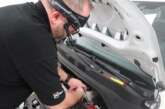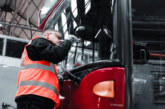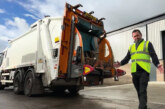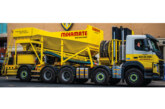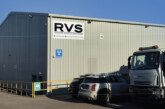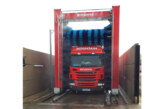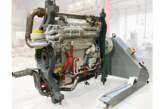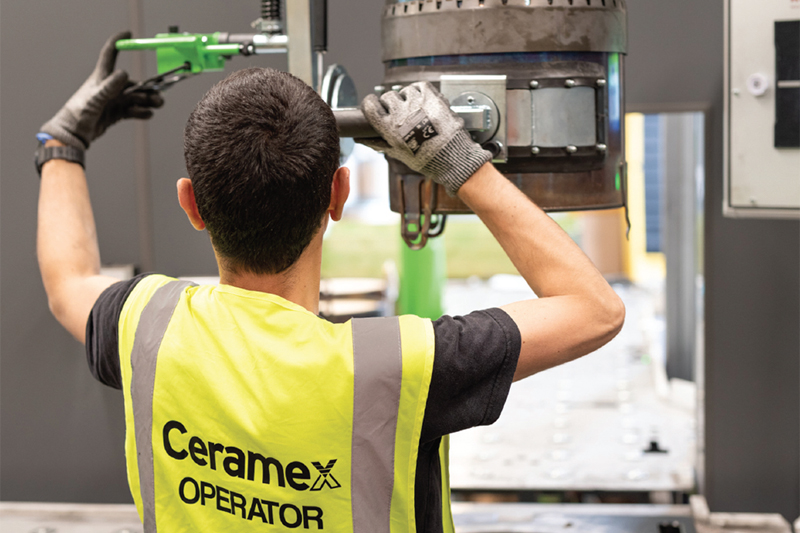
As the world pledges to cut carbon emissions, reduce pollution and protect valuable resources, the principle of a circular economy takes on new significance, according to Ceramex:
Activities, such as re-use, sharing, pay-per-use, repair, remanufacturing and recycling all form part of a circular economy with the aim of preserving resources, reducing energy consumption and avoiding landfill.
Remanufacturing sits at the heart of the circular economy, providing a cost-effective alternative to producing brand new products, as well as saving on increasingly expensive raw materials and energy. With UK manufacturers consuming over half a million tonnes of material each year, remanufacturing has become an essential industry.
Historically, automotive remanufacturing has focused on returning major units and components to an ‘as new’ condition, but the remanufacturing of diesel particulate filters (DPFs) has grown exponentially with the rapid increase in the number of LGVs, particularly in the last decade.
As a specialist in DPF cleaning and remanufacturing, Ceramex provides truck and bus original equipment manufacturers (OEMs) with remanufacturing services, as well as LGV fleets operating in the UK and overseas. To help meet growing customer demand and ensure diesel emissions are minimised, Ceramex has doubled its operating capacity with the opening of a new facility in Reading, which is able to process over 2,000 DPFs per week. Representing an investment of over £3 million, the 67,000sqft facility also provides increased storage capacity for DPF units, allowing rapid turnaround for deliveries and despatch.
Barney Milles, who was recently promoted to the role of managing director at Ceramex, commented: “Whilst we welcome the work being done to develop the proposed Alternative Fuels Infrastructure Regulation (AFIR) across Europe with the involvement of the European Automobile Manufacturers’ Association (ACEA), there is an immediate need to manage and reduce emissions from the 500,000 LGVs currently in service in the UK, plus thousands more foreign registered trucks.
“Ceramex is seeing customer demand for DPF remanufacturing returning to prepandemic levels, due to increasing demands on the logistics sector. As part of our expansion strategy, we’ve more than doubled our DPF processing capacity since our new facility in Reading has come on stream. This significant investment in our long-term future will enable Ceramex to keep its customer vehicles environmentally compliant and operating efficiently.”
“No risk of particulates entering the atmosphere”
Ceramex’s patented Xpurge® DPF cleaning process uses a combination of purified water and air to remove accumulated soot and ash deposits from the filter, which must go through this process according to its mileage, to ensure the vehicle remains road legal. As the deposits are suspended in water during cleaning, there is no risk of particulates entering the atmosphere. The contaminated liquid and solids are then separated and disposed of, in accordance with strict environmental conditions.
Ceramex has also developed proprietary technology for drying DPFs, whilst the condition of each unit can be inspected at the customer’s request, using its patented Veritex® inspection system.

